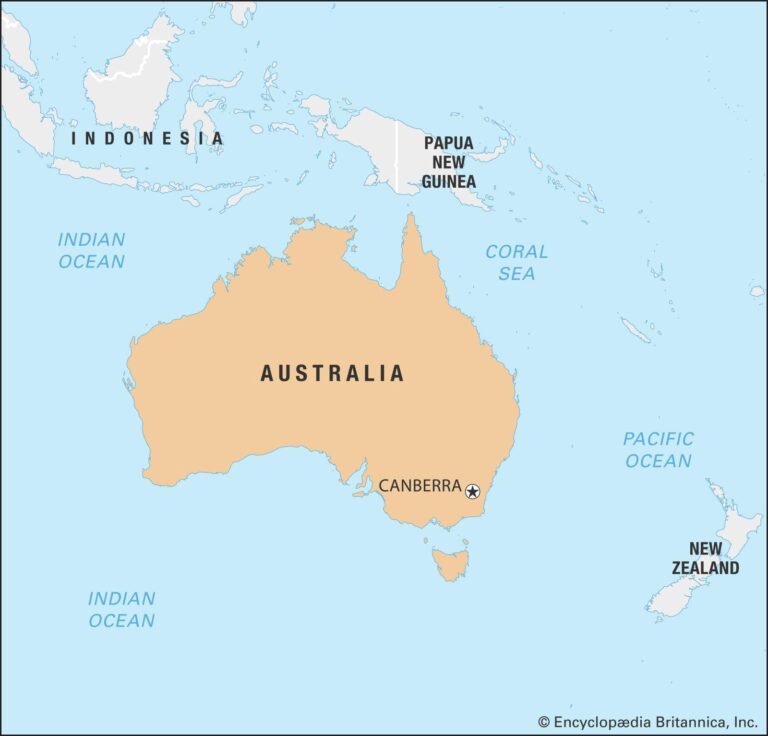Australia is set to engage in high-level discussions with the European Union as both parties explore the possibility of formalizing a defence partnership. The move signals Canberra’s intent to deepen strategic ties with Europe amid shifting global security dynamics. Details of the upcoming talks, aimed at establishing a framework for closer military cooperation, were recently announced by officials, underscoring Australia’s commitment to strengthening international alliances beyond its traditional partners.
Australia and EU Initiate Strategic Dialogue to Strengthen Defence Cooperation
The latest development in international security sees Australia and the European Union embarking on a strategic dialogue focused on bolstering defence collaboration. This initiative aims to explore deeper integration through shared intelligence, joint military exercises, and development of advanced defence technologies. Key points discussed include:
- Enhanced military interoperability across air, land, and maritime forces
- Coordination on cyber defence to counter rising digital threats
- Joint research projects on emerging defence technologies such as AI and autonomous systems
- Establishing rapid response protocols for crisis management in the Indo-Pacific and European regions
Officials have underscored that this dialogue sets the groundwork for a formal defence pact, reflecting a mutual commitment to stability and deterrence. A comparative overview of the defence capabilities involved provides insight into the strategic potential of this partnership:
| Aspect | Australia | European Union |
|---|---|---|
| Active Military Personnel | ~80,000 | ~1,500,000 |
| Defence Budget (Annual) | USD 45 billion | USD 220 billion |
| Focus Regions | Indo-Pacific | Global, with emphasis on Europe and neighbourhood |
| Cybersecurity Initiatives | Strong focus, growing investments | Comprehensive EU Cyber Defence Policy |
Implications of a Potential Defence Pact on Regional Security Dynamics
A defence pact between Australia and the EU could significantly recalibrate security frameworks across the Indo-Pacific and European theatres. Such a partnership would not only enhance intelligence sharing and joint military exercises but also signal a strategic alignment aimed at countering rising geopolitical tensions, particularly with China’s expanding influence. Observers note that closer military cooperation might prompt regional actors to reassess their security postures, potentially triggering an arms race or new alliances as nations seek to balance power dynamics.
The partnership is expected to emphasize several key areas, including:
- Maritime security collaboration to safeguard vital shipping routes.
- Cyber defence initiatives addressing increasingly sophisticated threats.
- Joint training programs aimed at interoperability among forces.
- Coordinated responses to humanitarian crises and natural disasters.
However, critics caution that the alliance could complicate Australia’s relations with neighbouring countries and exacerbate tensions in contested regions, underscoring the delicate balance policymakers must navigate.
| Potential Impact | Regional Stakeholders | Strategic Outcome |
|---|---|---|
| Enhanced deterrence | ASEAN Countries | Stabilization efforts |
| Increased military exercises | South Pacific Allies | Improved interoperability |
| Shifted alliances | China & Russia | Heightened tensions |
Recommendations for Enhancing Australia-EU Military Collaboration and Intelligence Sharing
To foster a robust alliance, it is essential for Australia and the European Union to focus on building secure, interoperable communication channels that facilitate real-time intelligence exchange. Establishing joint task forces dedicated to tackling emerging threats such as cyber warfare, terrorism, and maritime security would enhance operational synchronicity. Additionally, mutual training programs and technology-sharing initiatives can bridge capability gaps and ensure that both parties remain agile in responding to global crises.
Another critical element lies in creating a clear legal framework that governs intelligence sharing, protecting sensitive information while enabling swift cooperation. Prioritizing transparency through regular strategic dialogues and confidence-building measures will deepen trust between defence agencies. Below is a concise outline of key focus areas that could accelerate progress:
- Standardized encryption protocols for secure data transfer
- Joint maritime surveillance operations to monitor shared interests
- Collaborative cyber defense drills to anticipate and respond to attacks
- Legal agreements defining data usage and operational boundaries
- Exchange of defence personnel to build interpersonal trust and expertise
| Area | Priority Level | Expected Outcome |
|---|---|---|
| Communication Infrastructure | High | Seamless intelligence flow |
| Joint Training Programs | Medium | Stronger operational coordination |
| Legal Framework | High | Clear data protection guidelines |
| Cyber Defense | High | Enhanced threat resilience |
In Retrospect
As Australia moves forward with its plans to engage in defence talks with the European Union, the forthcoming discussions mark a significant step in strengthening security ties beyond traditional alliances. Observers will be closely watching how this potential pact reshapes strategic partnerships in the Indo-Pacific and enhances collective defence capabilities. Further developments are expected as both parties seek common ground amid a shifting global security landscape.




